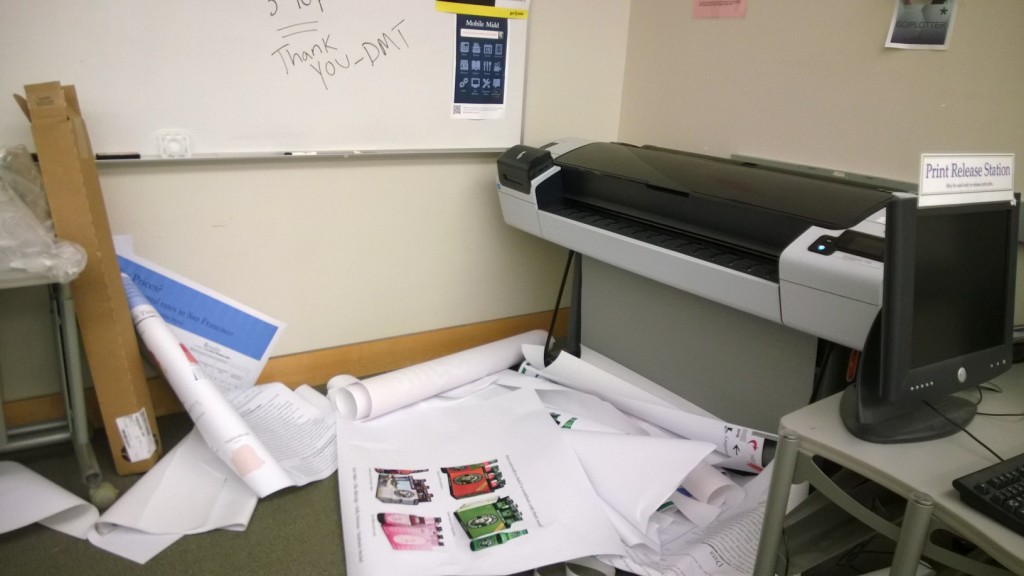
Alex Brockelman ’18
I Know What You Did Last Summer! This is part of a series of posts highlighting the work of the Summer 2017 Digital Media Tutors (DMTs) from the Wilson Media Lab found in the Davis Family Library Room 220. Meet Alex!
Hometown: Tempe, Arizona
Year at Middlebury: 3 years / Rising Senior
Major: Political ScienceMinor: History
What’s a DMT and what you drew you to this job on campus?
A DMT is a Digital Media Tutor, a student hired to train in the uses of media for academic purposes and then aid students/faculty bolster their research/projects with a media presence.
What type of training have you received?
I have received a comprehensive training on media and web tools, including audio, video, web site, and graphics editing.
Do you have a strong talent with any particular software?
My strongest talent lies where I began my “media journey,” with sound editing. I began working with sound when I was in high school as an amateur DJ and producer, and have always found the process interesting and rewarding.
What software tool would you like to learn better and why?
I would like to become better at video editing, because I see video (the confluence of audio and visuals) as the most versatile digital media tool.
Tell me about some of the projects you worked on this summer. Were there any that were especially interesting or challenging?
I have worked on a web site to help athletic teams at Middlebury communicate as a group, as well as do film study and perhaps even recruit. My other big project has been a French Grammar Website (essentially an online grammar book). That project has been a great way to practice my French, and an interesting exercise in understanding language pedagogy.
What advice would you give to any other Midd student interested in becoming a DMT?
Do it! It is a fun and low-pressure environment which provides you with crucial skills. Be prepared to be wrong sometimes, or struggle through complex problems. In the end, those are the moments which will hold the most valuable lessons.
Click here to view more information about Alex’s projects. For more posts like these, like our Facebook page.




You must be logged in to post a comment.